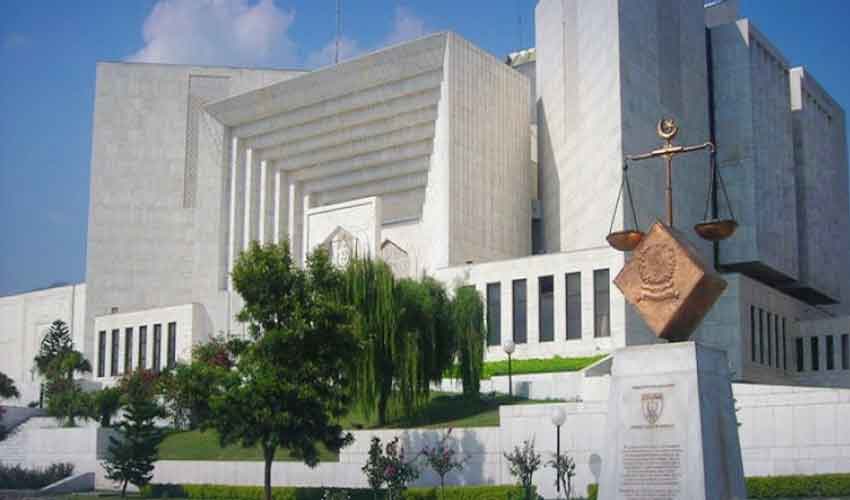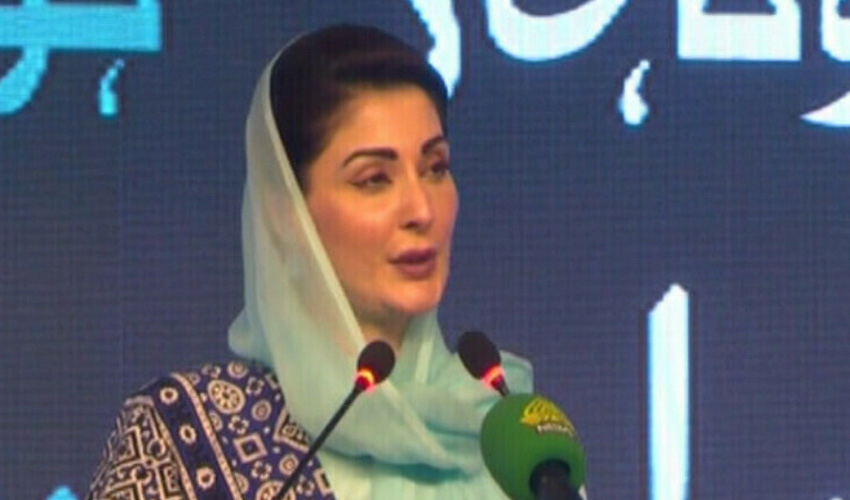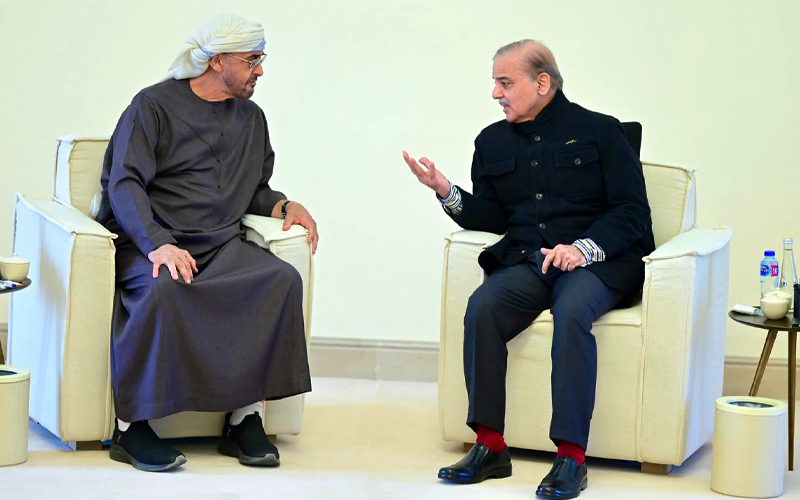During the hearing of the case regarding the trial of civilians in military courts, Supreme Court Constitutional Bench member Justice Jamal Mandokhel remarked that the Constitution is clear that the executive cannot play the role of the judiciary.
The 7-member Constitutional Bench, led by Justice Amin-ud-Din, deferred the hearing of the intra-court appeal against military courts' trial of civilians until tomorrow. Before the hearing of this case, the Constitutional Bench had postponed hearings of other cases, including election rigging. Justice Amin-ud-Din Khan clarified that the bench would only hear the military courts case today.
In the proceedings, Defence Ministry's counsel, Khawaja Haris, began his arguments, citing a previous Supreme Court ruling which allowed the court-martial of civilians under the army's command. Justice Mandokhel asked who the aggrieved party and the appellant were in this case, to which Khawaja Haris replied that the appeal was filed by the Ministry of Defence.
Justice Mandokhel remarked, “The executive is a governmental body. If there is a crime committed against the executive, can it act as the judge?” He emphasized that the Constitution clearly delineates the separation of powers and that the executive cannot perform the judiciary's function.
Khawaja Haris argued that in the absence of another forum, the executive can decide the matter. However, Justice Mandokhel countered that the law provides for counter-terrorism courts as a forum.
Regarding the Army Act, Justice Mandokhel questioned whether it could be applied to civilians. Khawaja Haris defended it, stating the Army Act includes various categories, not just armed forces members. Justice Mandokhel responded that the Army Act was primarily for armed forces personnel, and civilians should not be deprived of their fundamental rights.
The hearing of the intra-court appeal against the trial of civilians in military courts was deferred until tomorrow, when Khawaja Haris will continue his arguments.
Hearing adjourns
The Supreme Court's constitutional bench, led by Justice Amin-ud-Din Khan, has postponed the hearing of the case regarding the trial of civilians in military courts until tomorrow.
The seven-member bench continued its deliberations, and Justice Amin-ud-Din confirmed that the case would be heard again tomorrow.
Defense Ministry's lawyer, Khawaja Haris, stated that he would complete his arguments in the next hearing.
At the conclusion of the hearing, Hafeezullah Nyazi approached the rostrum and requested to make a statement. Justice Amin-ud-Din Khan responded by asking if he intended to discuss political matters, to which Hafeezullah Nyazi clarified, "I have never made political statements here."
A seven-member bench, headed by Justice Amin-ud-Din Khan, will preside over the hearing on the trial of civilians in military courts. Notices have already been issued to the relevant parties in the case.
In addition, the bench adjourned the constitutional petition filed by Sher Afzal Marwat concerning alleged rigging in general elections.
The court also adjourned case related to the rehabilitation of 2005 earthquake victims. Notices have been issued to all parties, including the Earthquake Reconstruction and Rehabilitation Authority (ERRA) and the Attorney General.


























